Back to Courses

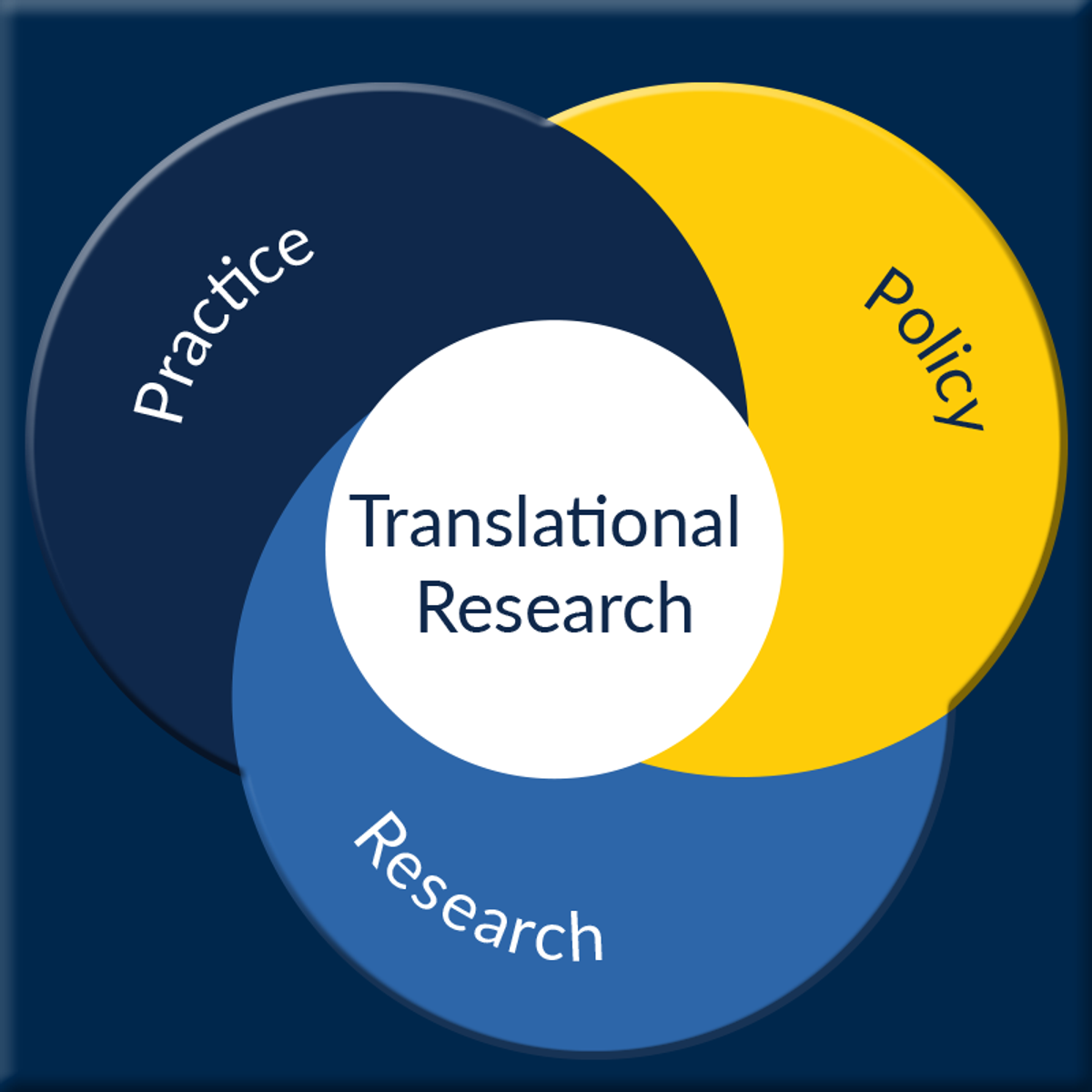
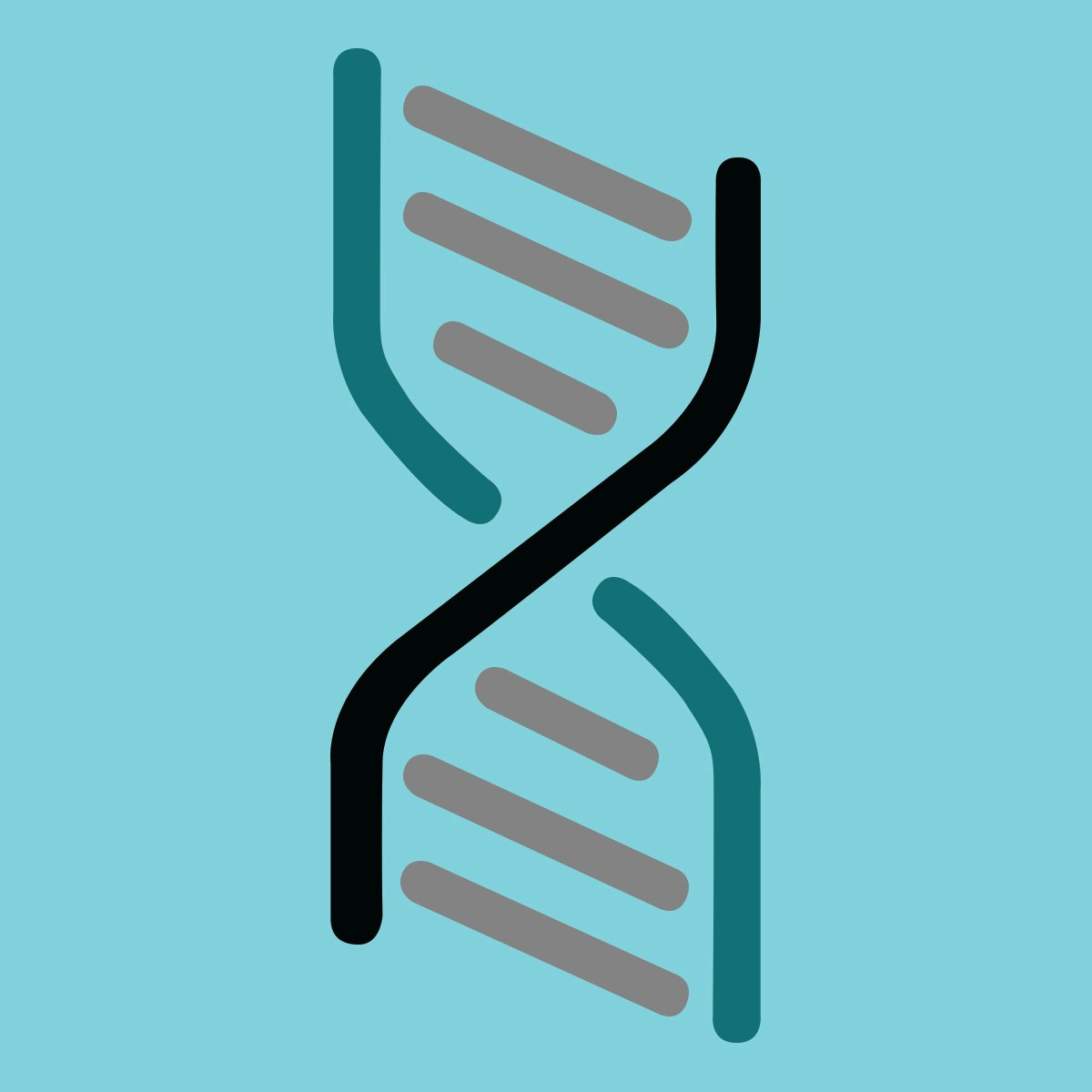
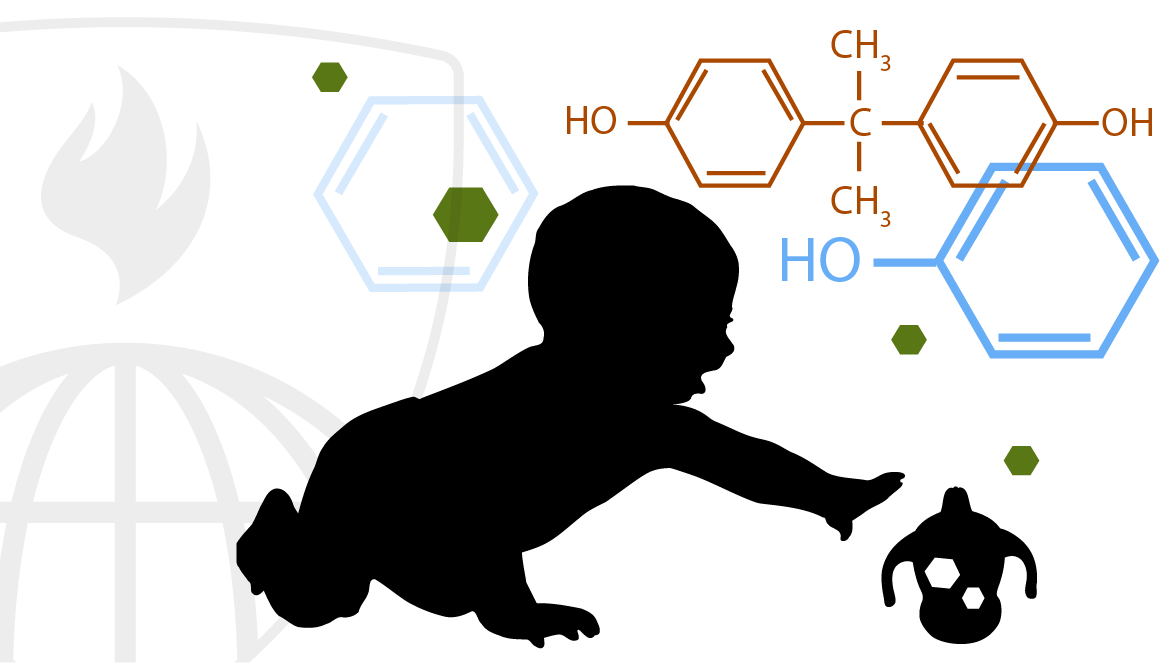
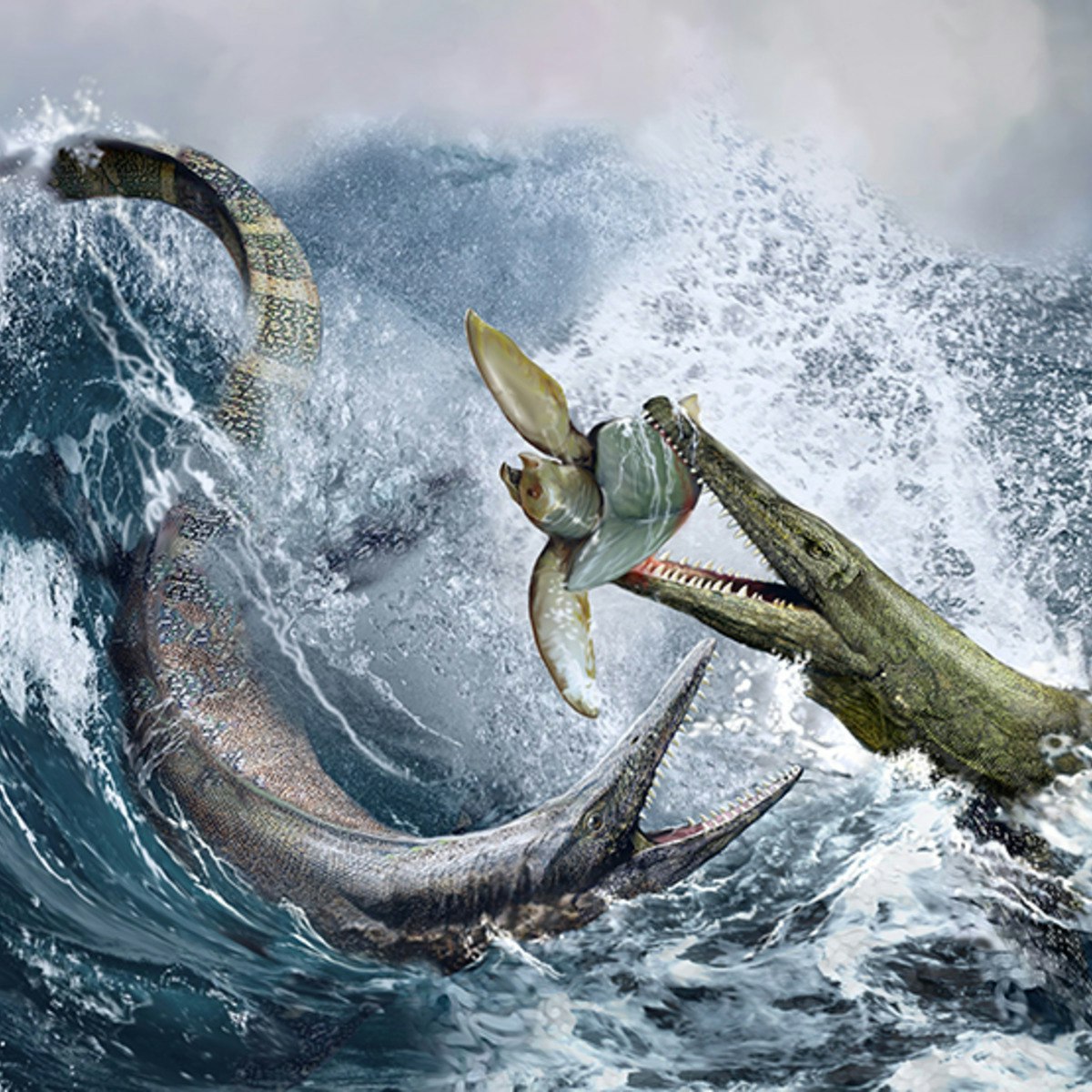
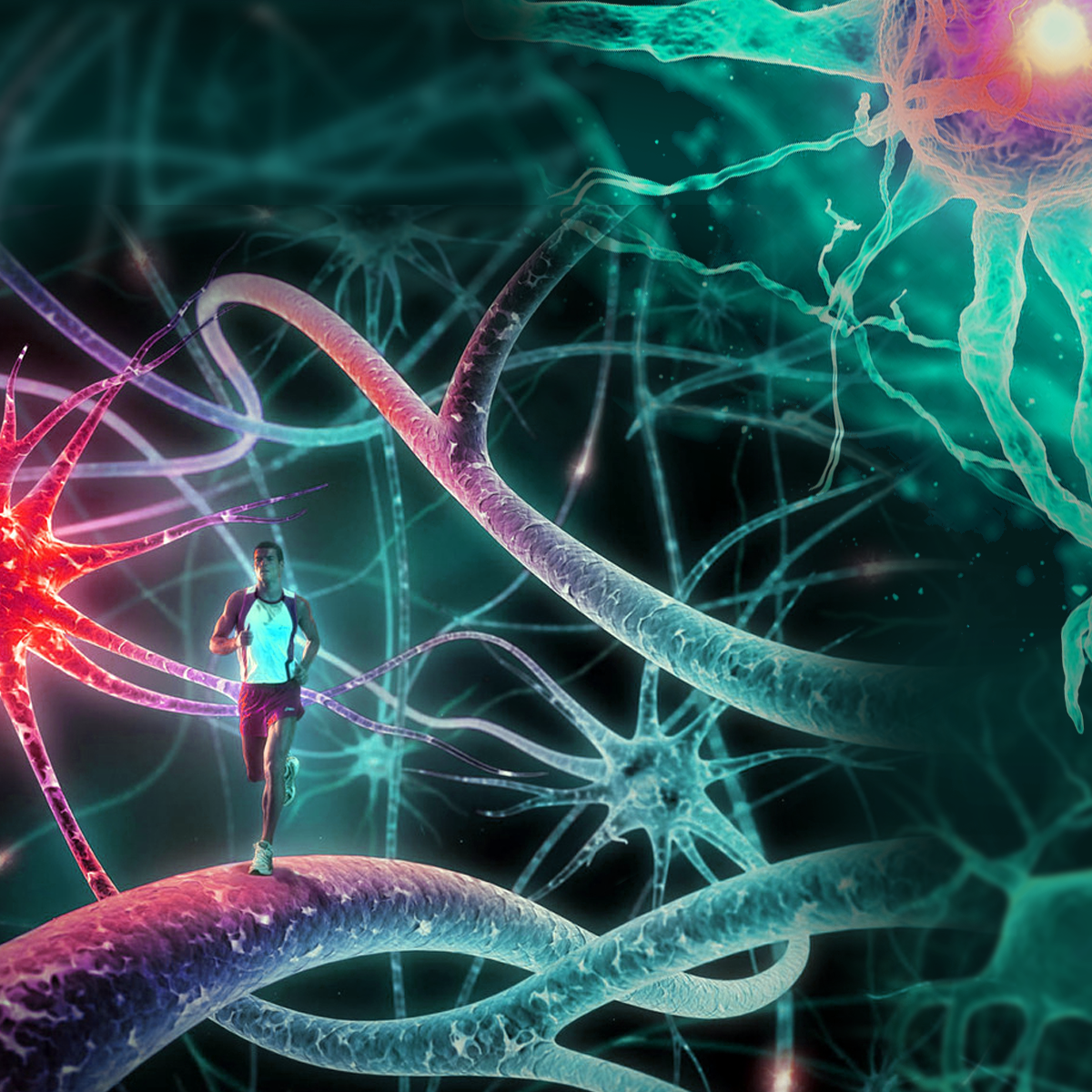
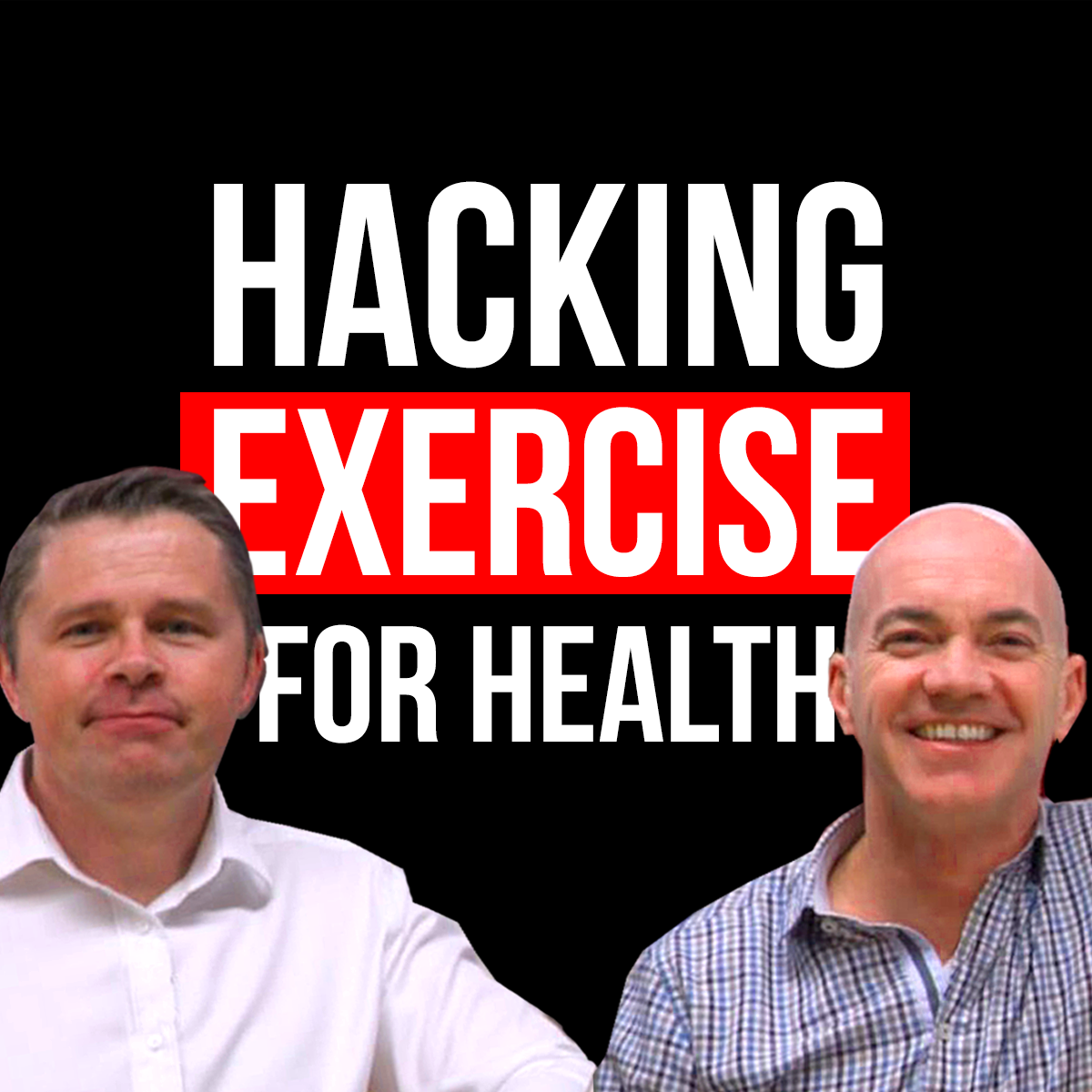
Basic Science Courses - Page 13
Showing results 121-128 of 128
Toxicology 21: Scientific Applications
This course familiarizes students with the novel concepts being used to revamp regulatory toxicology in response to a breakthrough National Research Council Report “Toxicity Testing in the 21st Century: A Vision and a Strategy.” We present the latest developments in the field of toxicology—the shift from animal testing toward human relevant, high content, high-throughput integrative testing strategies. Active programs from EPA, NIH, and the global scientific community illustrate the dynamics of safety sciences.

The Science of Gastronomy
This course introduces several basic scientific principles underpinning the methodology of cooking, food preparation, and the enjoyment of food. All topics covered have a strong basis in biology, chemistry, and physics application. Among others, they include the consumption of cooked food, the physiological and evolutionary implications of the senses, geographic and cultural influences on food, and the rationale behind food preparation. We will also discuss issues such as coupling of senses to improve sense stimulation; altering flavor by chemical means, and modification of the coloration to improve the appearance of dishes. Following the video demonstrations of the scientific principles of cooking, you will learn to recognize the key ingredients and their combinations for preparing good healthy food. You will also be asked to try out and practice specific cooking principles through the weekly assignments; analyze your data and make comparisons of your experiences with others.
At the end of this course, you will be able to:
- appreciate the scientific basis of various recipes.
- develop your own recipes by integrating some of the scientific principles into new dishes.
- recognize the influence of the material world on human perception from the different senses.
- appreciate the art of integrating science into cooking and dining.
Important Note: This course is not designed for people with special dietary needs such as vegetarian, diabetic, and gluten-free diets. If you feel uncomfortable with any part of the assignments or activities of this course, you can substitute some of the ingredients or ask friends and family members to help with the tasting of your assignments. Alternatively, you may skip that specific assignment if you have fulfilled all other qualifying requirements to pass the course.
Course Overview video: https://www.coursera.org/lecture/gastronomy/course-overview-43gyz

Introduction to Translational Science
Translational science is the process of turning observations in the laboratory, clinic, and community into interventions that improve the health of individuals and populations. In this course, you’ll learn about the role of translational research in moving scientific discoveries into applications for improving human health. With an understanding of the four stages of translational research, you’ll be able to assess team roles for each stage and explain the importance of rigorous research, responsible conduct of research, and the differences between them. Finally, you’ll learn about career opportunities within the in-demand field of translational research.
This is an ideal introduction for undergraduate or graduate students interested in the practical application of their research to improve the health of their community.
This is the first course of five in the “Translational Science” series.

Genomics: Decoding the Universal Language of Life
What is a genome? A genome contains all of the information that a cell needs to develop, function, and reproduce itself, and all the information needed for those cells to come together to form a person, plant, or animal. Genomes contain an organism’s complete set of genes, and also the even tinier genetic structures that help regulate when and how those genes are used.
The ability to regrow a torn ligament, the clues that might predict the onset of mental illness, the nutritional potential of crops, and even the history of life itself, are all encoded in genomes. By taking this course, you will discover how scientists are deciphering the language of genomes to learn how to develop sustainable food and fuel supplies, improve disease treatment and prevention, and protect our environment.
Professor Robinson is the main instructor for this course. In addition, each module features several guest instructors. These guest instructors come from diverse fields of study—biology, physics, computer science, and many others—and pursue diverse research goals, yet they share a common interest in genomic approaches and technologies. The guest instructors include:
- Elizabeth (Lisa) Ainsworth, Associate Professor of Plant Biology
- Mark Band, Director of the Functional Genomics Facility
- Alison Bell, Associate Professor of Animal Biology
- Jenny Drnevich, Functional Genomics Bioinformatics Specialist with High-Performance Biological Computing
- Christopher Fields, Associate Director of High-Performance Biological Computing
- Bruce Fouke, Director of the Roy J. Carver Biotechnology Center
- Glenn Fried, Director of the Carl R. Woese Institute for Genomic Biology Core Facilities
- Nigel Goldenfeld, Professor of Physics
- Brendan Harley, Assistant Professor of Chemical and Biomolecular Engineering
- Alvaro Hernandez, Director of the High-Throughput Sequencing and Genotyping Facility
- Victor Jongeneel, former NCSA Director of Bioinformatics and former Director of High-Performance Biological Computing
- Kingsley Boateng, Senior Research Specialist with the Carl R. Woese Institute for Genomic Biology Core Facilities
- Stephen Long, Professor of Plant Biology and Crop Sciences
- Ruby Mendenhall, Associate Professor of African American Studies
- William Metcalf, Professor of Microbiology
- Karen Sears, Assistant Professor of Animal Biology
- Saurabh Sinha, Associate Professor of Computer Science
- Lisa Stubbs, Professor of Cell and Developmental Biology
- Rachel Whitaker, Associate Professor of Microbiology
- Derek Wildman, Professor of Molecular and Integrative Physiology
- Peter Yau, Director of the Protein Sciences Facility

Chemicals and Health
This course covers chemicals in our environment and in our bodies and how they impact our health. It addresses policies and practices related to chemicals, particularly related to how they get into our bodies (exposures), what they do when they get there (toxicology), how we measure them (biomonitoring) and their impact on our health. Most examples are drawn from the US.

Paleontology: Ancient Marine Reptiles
Paleontology: Ancient Marine Reptiles is a four-lesson course teaching a comprehensive overview of the evolutionary changes that occur when air-breathing terrestrial animals return to water. This course examines the diversity, adaptations, convergence, and phylogenetic relationships of extinct marine reptiles. Students will explore three major groups of marine reptiles: ichthyosaurs, plesiosaurs, and mosasaurs. Watch a preview of the course here: https://uofa.ualberta.ca/courses/paleontology-marine-reptiles

Advanced Neurobiology II
Hello everyone! Welcome to advanced neurobiology!
Neuroscience is a wonderful branch of science on how our brain perceives the external world, how our brain thinks, how our brain responds to the outside of the world, and how during disease or aging the neuronal connections deteriorate. We’re trying to understand the molecular, cellular nature and the circuitry arrangement of how nervous system works.
Through this course, you'll have a comprehensive understanding of basic neuroanatomy, electral signal transduction, movement and several diseases in the nervous system.
This advanced neurobiology course is composed of 2 parts (Advanced neurobiology I and Advanced neurobiology Il). They are related to each other on the content but not on scoring or certification, so you can choose either or both. It’s recommended that you take them sequentially and it’s great if you’ve already acquired a basic understanding of biology.
Thank you for joining us!

Hacking Exercise For Health. The surprising new science of fitness.
Renowned exercise physiologists Martin Gibala and Stuart Phillips of McMaster University teach the surprising new science of cardio fitness and strength-building—and then provide you with hacks to get fit and strong (and healthy!) in less time than you ever thought possible. What’s the right mix of exercise between cardio and strength? How do you know if you’re working out hard enough? What’s better, heavy or light weights? These questions and more are addressed through a course designed to provide even the most inexperienced of exercisers the tools you need to design time-efficient workouts that can be done virtually anywhere, from your own home to a city park or even at your workplace.
Marty and Stu are good friends and colleagues who just happen to be two of the world’s most passionate scholars in the science of fitness. They aim to entertain you while they’re describing the relationship between exercise and health. Marty is a pioneer in the field of interval training, the technique of varying your workout intensity to get fit faster than anyone ever thought possible. Stu’s studies proved that lifting lighter weights can be a highly effective strength-building technique—plus he’s a leading expert in dietary protein and muscle.
In Hacking Exercise for Health, you’ll follow Marty and Stu as they teach you the basics about the way your body boosts its fitness and strength. Next, they’ll apply that theory, providing you with a series of do-anywhere workouts and, most importantly, teaching you what you need to know to design your own sessions. Filled with inspirational practical tips, fun quizzes, interactive community participation and assignments designed to help you remember your lessons, Hacking Exercise for Health will give you the tools and techniques to incorporate exercise into your life, no matter how busy you are.
Popular Internships and Jobs by Categories
Find Jobs & Internships
Browse
© 2024 BoostGrad | All rights reserved